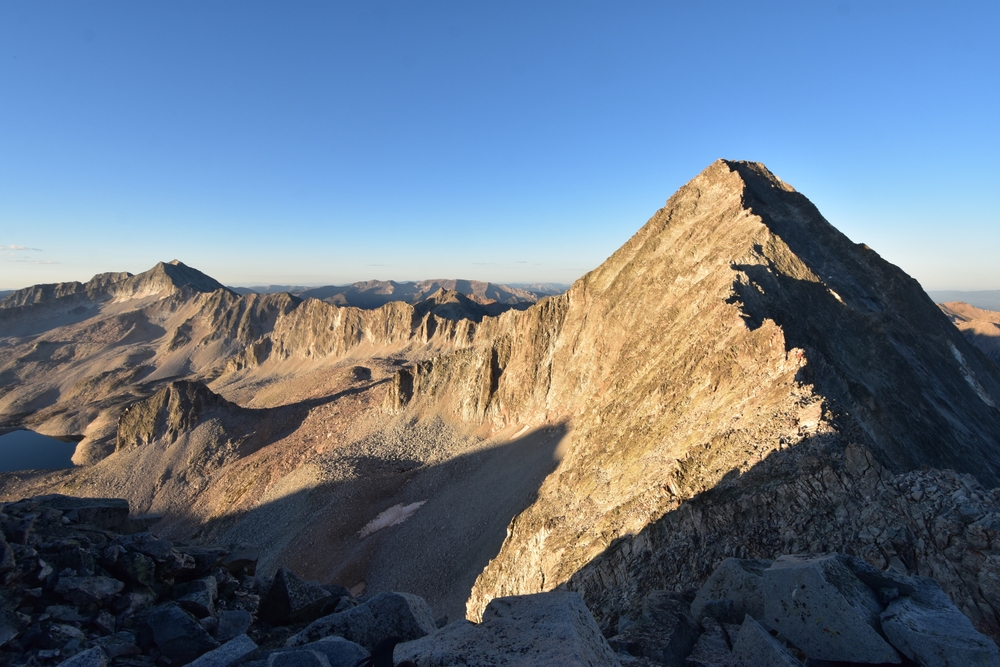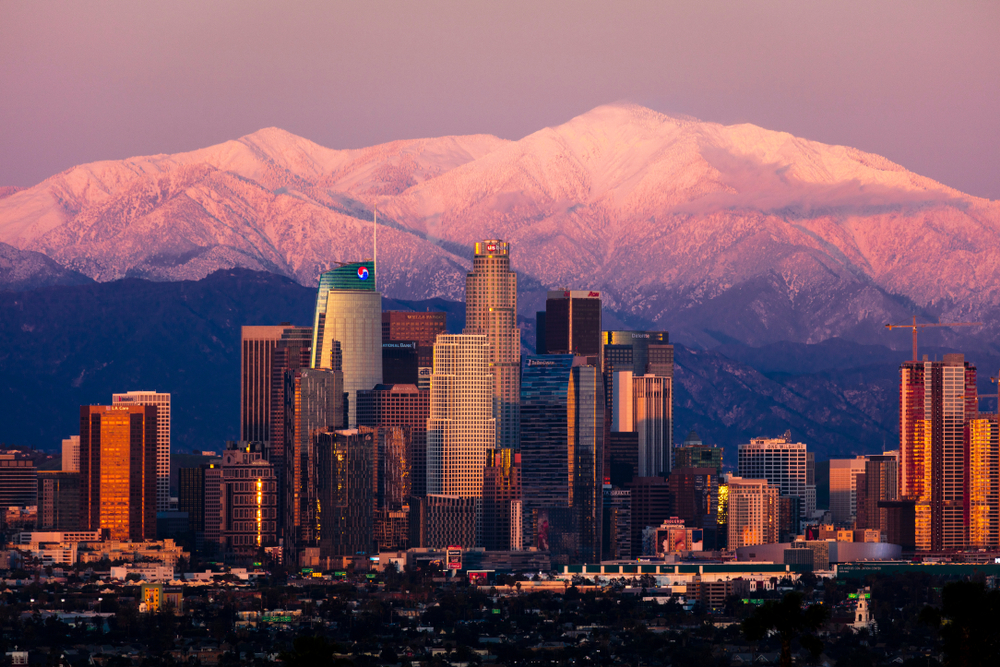From an exposed ridge on a Colorado fourteener to a remote Hawaiian jungle trail, these are America’s most dangerous hikes
While most will – and do – complete these hikes unscathed, the trails can be perilous enough that a spot of bad luck, small mistake or slight miscalculation can leave you seriously injured, or even dead.
Exposure, crevasses, avalanches – all the usual threats can be found on America’s most dangerous hikes. But there are also a few wildcards here that can turn a walk in the park into a dice with death. Huckleberries, anyone?
America’s most dangerous hikes
Some of these trails kill because of their terrain, weather or even wildlife. Others, simply because they’re popular.
Baldy Bowl Trail, Mount San Antonio (Mount Baldy), California
Dangers: Low temperatures; high winds; steep, exposed and slippery terrain.
Mount San Antonio (also known as Mount Baldy or ‘Old Baldy’) is one of southern California’s most popular hiking spots. The hulking 3,068m (10,064ft) peak towers above the Los Angeles skyline. Named for its steep, treeless summit, the mountain draws millions of hikers and skiers every year.
Many of those weekend warriors underestimate the risks. Recently, the peak has seen a string of deaths and disappearances. In January 2023 alone, 15 hikers were injured or lost on the mountain and two died.
Baldy’s most popular loop trail, the Baldy Bowl Trail, takes hikers up a steep climb of over 1,040m (3,412ft) of elevation gain and 14.6km of footpaths. It’s harder and longer than most other hikes on the mountain and, during the winter, snow, ice, steep slopes and fierce winds arrive to make it one of America’s most dangerous hikes.
The Knife Edge, Capitol Peak, Colorado
Dangers: Exposed ridge; high drops; hard to access for rescuers.
The 4309m (14,137 ft) Capitol Peak is one of the most difficult of Colorado’s fourteeners to climb. However, there is one non-technical route to the summit which requires crossing the infamously exposed Northeast Ridge known as the Knife Edge. The ridge has 600m (2,000ft) drops on both sides and is extremely exposed.

In 2017, five climbers died on Capitol Peak in just six weeks. In 2021, authorities were forced to abandon a hiker’s body after a fall from the Knife Edge when a rescuer was seriously injured trying to recover…
Click Here to Read the Full Original Article at Atlas & Boots…
